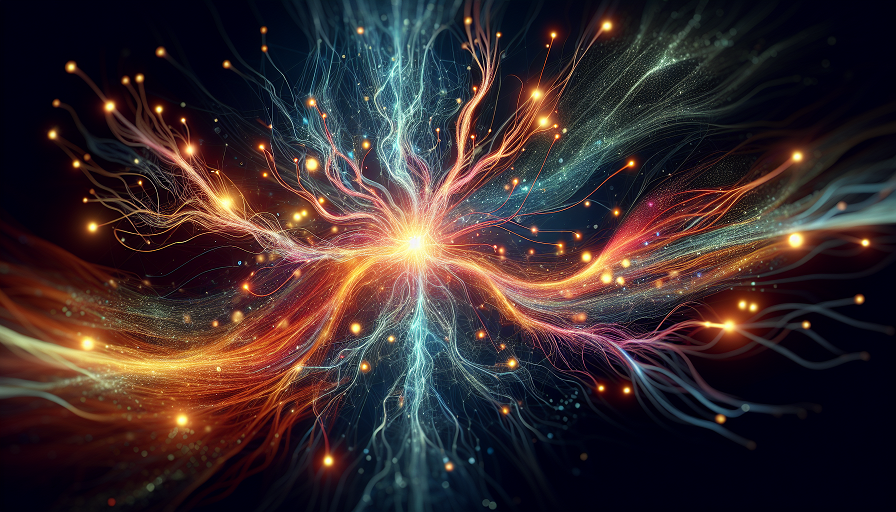
Yes, exposure to lunar cycles may influence cognitive sharpness, primarily through their effects on sleep patterns, circadian rhythms, and hormone regulation. While scientific evidence is still emerging, studies suggest that phases of the moon – especially the full moon – can subtly alter sleep quality, which in turn impacts attention, memory, and problem-solving ability.
Contents
The Connection Between the Moon and the Brain
The human brain is deeply influenced by natural cycles, especially light. Just as sunlight regulates circadian rhythms, moonlight and lunar phases appear to exert more subtle effects on physiology and cognition. Some researchers propose that evolutionary history – when humans lived outdoors and were exposed to moonlight – may explain why the brain remains sensitive to lunar cycles.
Sleep Disruption During Lunar Phases
Several studies have reported changes in sleep during full moons:
- A Current Biology study found that participants slept 20 minutes less on average and experienced reduced deep sleep during full moon phases.
- Sleep efficiency decreased by around 30%, suggesting more restlessness.
- Reduced sleep quality during lunar peaks can lead to impaired cognitive sharpness the following day, particularly in tasks requiring sustained attention.
Possible Mechanisms Behind Lunar Effects
- Light exposure: Brighter moonlight, especially in pre-electric societies, may delay melatonin release, disrupting circadian timing.
- Gravitational effects: Some speculate lunar gravitational pulls – responsible for tides – might subtly influence fluid dynamics in the brain, though evidence is limited.
- Evolutionary vigilance: Bright moonlight may have historically triggered alertness to avoid predators, embedding residual neural responses in humans today.
- Psychological expectation: Awareness of a full moon can itself create placebo-like effects on sleep and cognition.
Impacts on Cognitive Sharpness
Changes in sleep and circadian rhythms during lunar phases can affect the following brain functions:
- Attention: Sleep loss reduces the brain’s ability to sustain focus.
- Memory: Deep sleep is essential for memory consolidation, so reduced slow-wave sleep may impair recall.
- Problem-solving: Creativity and flexible thinking are highly dependent on sleep stability.
- Emotional regulation: Poor sleep during full moons may heighten irritability, indirectly affecting decision-making.
Cross-Cultural and Historical Perspectives
Across cultures, the moon has been linked with shifts in behavior and cognition. Farmers historically used lunar cycles for planting, and some traditions still associate full moons with heightened energy or spiritual clarity. While these interpretations are symbolic, they reflect humanity’s longstanding awareness of the moon’s potential influence on mental states.
Modern Research Challenges
- Not all studies replicate strong lunar effects, and findings remain inconsistent.
- Artificial lighting in modern environments may dampen the moon’s influence compared to pre-industrial times.
- Individual differences – such as chronotype (night owl vs. morning person) – may determine sensitivity to lunar changes.
Practical Ways to Balance Lunar Influence
- Use blackout curtains to block moonlight during sleep.
- Maintain consistent bedtime routines regardless of lunar phase.
- Practice relaxation techniques like meditation or deep breathing if sleep feels disrupted.
- Track personal sleep patterns across lunar cycles to identify individual sensitivities.
The Bottom Line
Exposure to lunar cycles may influence cognitive sharpness indirectly through changes in sleep and circadian rhythms. While the full moon is linked to measurable shifts in rest quality, effects vary across individuals and environments. Whether through biology, psychology, or cultural expectation, the moon continues to play a subtle role in how sharp and alert our brains feel.

